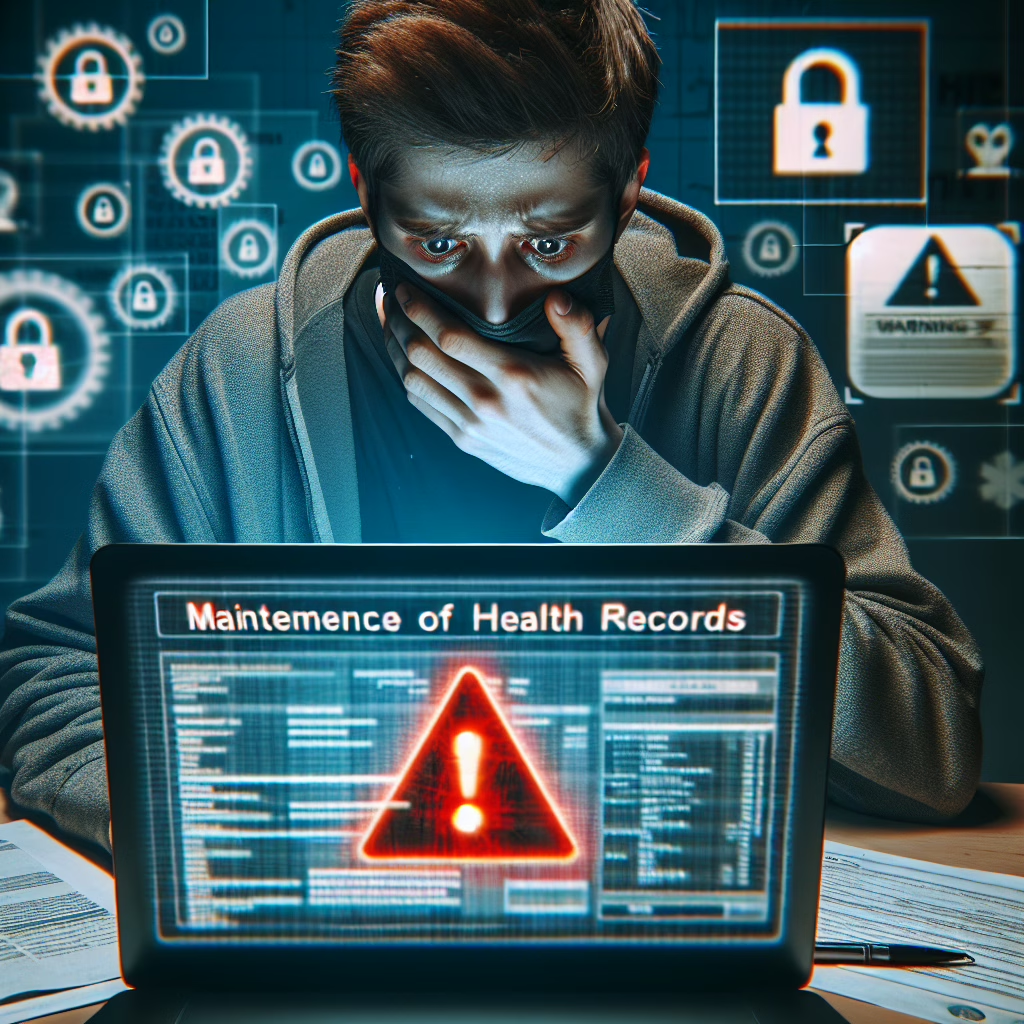In the digital age, where our health records are often just a click away, it’s both shocking and somewhat humorous to realize that a medical software database has potentially exposed tens of thousands of health records and personally identifiable information (PII). Yes, you heard that right! While we all love convenience, this is one instance where you might prefer to keep your medical history tucked away in a nice, safe filing cabinet.
What Happened? A Comedy of Errors in Medical Software
Picture this: a database, intended to streamline healthcare operations and improve patient care, goes awry. Security researchers discovered that a medical software company left its database wide open for the world to see—like leaving your front door unlocked with a neon sign flashing “Free Health Records Inside!” It’s almost like they were asking for trouble.
This particular incident has raised eyebrows across the industry. The exposed data reportedly includes sensitive health information such as diagnoses, treatment histories, and even social security numbers! Talk about a privacy nightmare! One can only imagine the poor IT team scrambling around, trying to figure out how to secure their databases while muttering, “We just wanted to help people!”
The Implications of Exposed Health Records and PII
So what does this mean for you and your precious health records? Well, for starters, it’s a wake-up call. When medical software companies mishandle sensitive data, it opens the door for identity theft and fraud. Picture someone using your medical history to impersonate you at a doctor’s office—yikes!
Moreover, this incident highlights the importance of data protection. When it comes to health records and PII, it’s essential for companies to prioritize cybersecurity. After all, nobody wants their private information floating around on the internet like a rogue balloon at a birthday party.
How Can We Protect Our Data?
Now that we’ve established that some medical software companies need a crash course in data security, what can we do as individuals? Here are some practical tips to ensure the safety of your health records:
- Stay Informed: Keep an eye on news related to breaches in healthcare databases. Knowledge is power—especially when it comes to your health records!
- Use Strong Passwords: Make sure your accounts are secured with strong passwords. Consider using password managers; they’re like having a personal bodyguard for your online accounts.
- Monitor Your Accounts: Regularly check your bank statements and health accounts for any suspicious activity. If something seems off, don’t hesitate to investigate.
- Educate Yourself: Understanding how your data is handled by medical software companies can empower you to make better choices regarding your health records.
- Utilize Two-Factor Authentication: Whenever possible, enable two-factor authentication on your health accounts. This adds an extra layer of security, making it more difficult for unauthorized users to gain access.
The Future of Medical Software Security
The future certainly looks interesting for medical software security! As technology continues to evolve, so too must our approach to securing sensitive information. Companies must invest in advanced cybersecurity measures. Imagine a world where breaches like this become ancient history—a utopia of secure health records!
Additionally, regulations may tighten as lawmakers recognize the importance of protecting patient data. Just think: there could come a time when healthcare providers are as careful with your personal information as you are when choosing what outfit to wear on a first date!
A Call to Action
In conclusion, while it’s easy to chuckle at the absurdity of a medical software company leaving their database exposed, let’s not forget the serious implications involved. The exposure of health records and PII should motivate all of us—both individuals and organizations—to take data security seriously.
Your thoughts matter! Have you ever had concerns about how your health data is handled? Share your experiences or tips in the comments below. Let’s turn this cautionary tale into an engaging discussion!
A big thank you to TechRadar for shedding light on this important issue. Remember: an informed community is a safer community!
For more insights into digital security issues, check out our articles on DDoS attacks and AI in the workplace.

